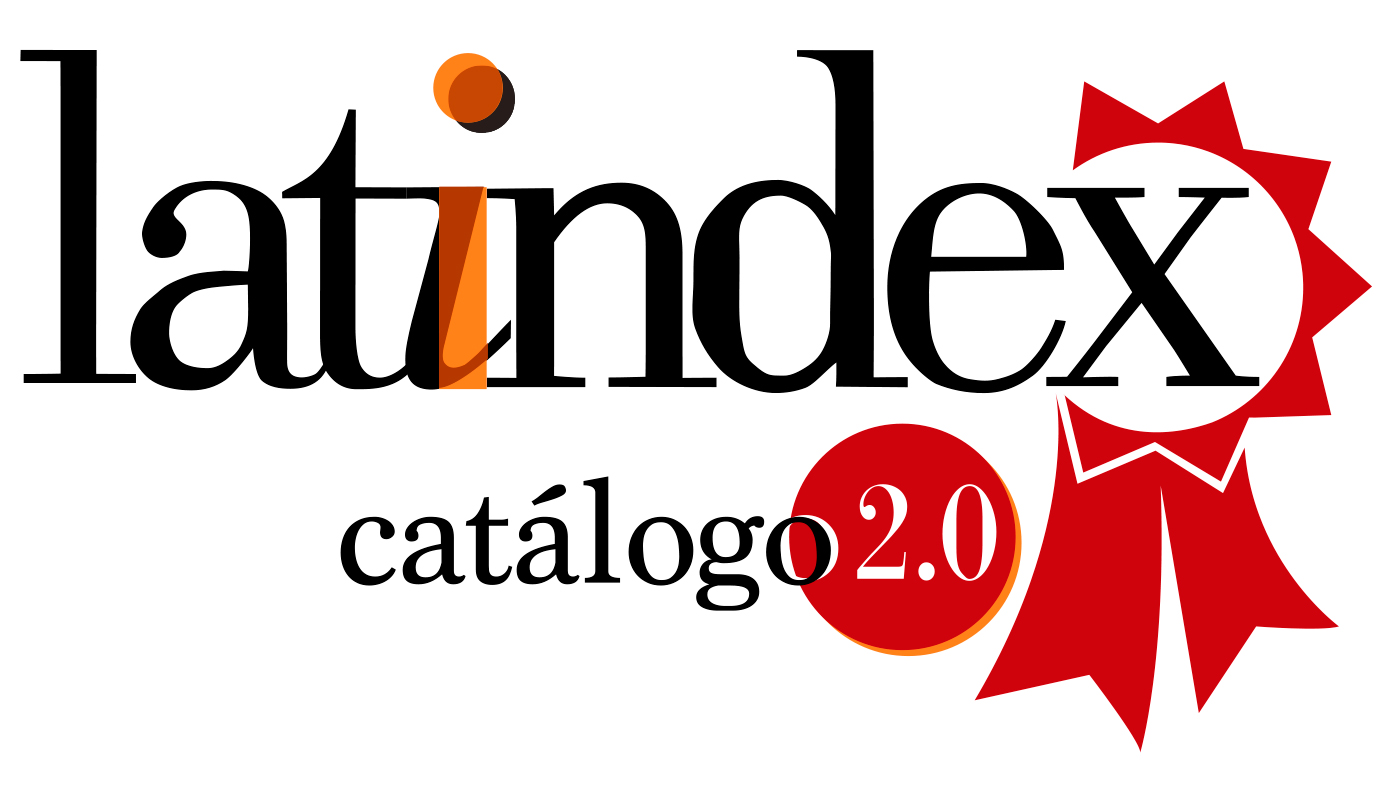Hobbes y Wittgenstein: una concepción ‘naturalista’ del lenguaje (ordinario) y su dimensión social consecuente
Abstract
In this essay I will briefly and as concise as possible, outline a certain parallelism that I believe exists between Ludwig Wittgenstein's (ordinary) philosophies of language, particularly within the framework of what is known in the philosophical literature as his "second philosophy" or "late philosophy" and the reflections that T. Hobbes devotes to language in the framework of his own mechanical-materialist perspective on reality in general, which includes man himself with a traditionally important weight, as being this "main actor" in the scenario of this material reality (physical-natural).
So, if I am correct, I believe that in such a parallelism between these philosophies of language, it is possible to find a basis that could be qualified, but important, at least if it is 'solid', which works to develop a certain perspective Comparative analysis of Hobbes's account of what he calls the "artifice of language" and the famous explanation of "ordinary language" in Wittgenstein's late or late philosophy.
The above is expressed in order to find an explanation that helps to connect these different philosophical conceptions to explain, justly, how it is possible that the so-called "artifice of language", from this naturalistic perspective, helps us to construct certain orderly social structures?





